Kinga Wojdalska and the Budafok Dohnányi Orchestra – a joint concert
Erich Wolfgang Korngold and Carl August Nielsen are both late composers whose works are a bit in the background when compared to bigger ‘classics’. This time, the Budafok Dohnányi Orchestra brings them to the audience of the Müpa on 23 January, accompanied by a third piece of a very much living composer, written for an instrument which also steps out of the background. I talked to violist Kinga Wojdalska about her involvement in the concert, her feelings about play John Williams, and about the past, present and future of viola solos.
How do you feel about coming to Budapest?
I’m very excited about it! It is one of the best places I’ve ever been to, it has such a fresh energy. Last time I was there in the summer, so this time it will be slightly different, but I have been so impressed by the architecture and absolutely stunning views. I feel a special connection to Hungarians, also due to the common history. I have always felt that I can have a good conversation with Hungarian people and it’s great to now have this opportunity to work together.
Who chose the three composers for the concert?
The organisers came up with the idea that I could play the John Williams concerto. My first reaction was: …John Williams – the composer of Star Wars’ music? Then I checked out the piece and it impressed me a lot by its virtuosity. I also really enjoy playing rather unknown pieces. We usually have a standard repertoire; everyone expects to hear and play the same things. But there is so much more to explore, especially 20th-21st century viola music. So in the end I was very happy that I got to know this fantastic piece.
John Williams has written a lot of film music. Apart from Star Wars, he wrote for Jaws, ET, Jurassic Park, some Harry Potter films, Schindler’s List, Indiana Jones, and so on.
Indeed, he’s mostly known as a film composer, that’s why the viola concerto was so surprising at first. But soon after I realised that he also had written other concerti. For instance, in 2021 German violinist Anna-Sophie Mutter premiered a violin concerto. It’s in the intro of the music sheet that he wanted to write for underrepresented instruments. Viola definitely qualifies, as there are not so many solo pieces written for my instrument.
Is there a story behind this piece?
Here is the sheet music. (she shows it to the camera) The intro says a lot about Williams’ motives. He writes that viola is “among the most beautiful and uniquely expressive instruments” which has solo settings too infrequently, which is such a shame, He conducted the Boston Symphony Orchestra and was very impressed with the principal violist – Cathy Basrak, of that orchestra, so he wrote a piece for her.
What might be the reason for lack of viola concertos in music history?
I think viola only became a soloistic instrument relatively recently. Classical concertos were written for other instruments: for example, Mozart, Haydn, Beethoven rather went for violin, apart from Mozart’s Sinfonia Concertante, at least one rare example. Otherwise, viola was largely ignored, only started being noticed in the romantic era. The greatest development of the viola repertoire only came in the 20th century. The legendary soloists such as Primrose, Tertis, Aronowitz or Hindemith newly discovered the instrument. The latter one was also well known as a composer and performed his new works. Thanks to his experimenting with the instrument, viola gained a great amount of new, unconventional pieces. On the other hand, William Primrose inspired by Jascha Heifetz’s violin virtuosity, has transcribed many miniatures and violin caprices for viola. But there are still not many pieces originally written for viola, and not as many violists to perform them. I personally feel a mission on spreading knowledge about this instrument and being able to represent it in the brightest light on stage.

Why did you decide to be a violist at all?
I played the violin between 7 and12 years of age. I was good at it, too, but at 12, I changed to viola. My teacher advised me that because very fortunately I am tall and have long arms, which is more suitable for viola. Also, because there are always less viola players, it was meant to be a different future for me rather than to be just one violinist among many others. Changing my main instrument was probably the best decision in my life, and until this day I’m very thankful to that teacher for this brilliant advice.
Back to John Williams: is this classical piece related to his film music?
Yes and no. In the beginning I listened to some of its recordings, and I was fascinated by the harmonies created in orchestra. Before that, I might have expected more of a film setting, because the piece is quite different to usual film music. I would say Williams has gone out of his comfort zone writing this piece, it is quite a different style than what he already wrote. When working for a film, the scene is there, he needs to accompany that, lead the film with its music. Whereas, with a concerto, we don’t have a picture beforehand and the composer and then soloist are the first people to create something out of it.
That sounds like a good exercise for you. What images would you create for this music?
The piece has three movements which are very different. The 3rd is the most lyrical, and that one reminds me of film music the most. It has loads of singing and long phrases. Well, it is quite hard to find an image for it, as it keeps floating, so I would say the whole thing reminds me of nature, maybe some water. The 2nd movement is the most rhythmical, controlled, crazy. I would say it almost reminds me of a quidditch game from Harry Potter! In the 1st movement, there are numbers of layers, like colours constantly changing. For that I imagine something very wide, like a landscape with many details. In any case, this is a very interesting piece, with so many elements intertwine one with another.
I often notice that imagery people relate to classical music has something to do with nature.
While playing, I sometimes imagine something personal, or relate the piece to my own feelings. However, with this concerto I feel and see something bigger, wider for a picture. It is quite a different piece to what I have played in the past, but I’m looking forward so much to finally be able to play it with an orchestra.
Is this a big challenge for you, too?
In a sense it is. I am very lucky to be very busy with performing these days and because of that, I’ve been getting to know a lot of fantastic repertoire. I am also a part of the Brompton String Quartet which is based in England, and we had a very exciting and busy concert schedule in 2021. Therefore, playing loads of chamber music and finding time for solo practise can be often challenging, but the key is good organisation. Dividing my life between studies in Switzerland, work in England and family in Poland can be overwhelming but is very rewarding. I love bringing happiness and joy to the audiences and I am very much looking forward playing in Budapest!

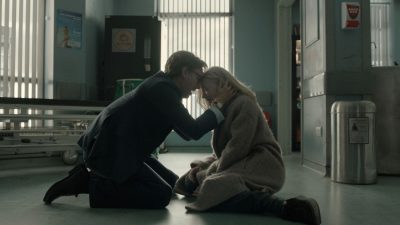
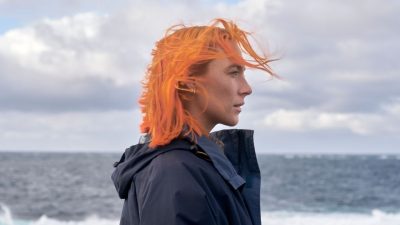
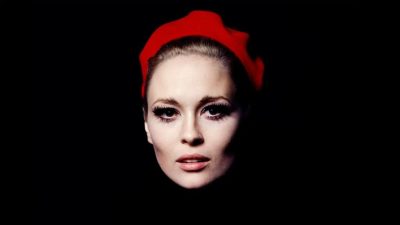

















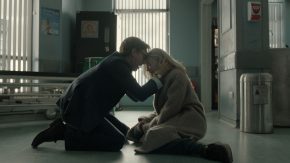

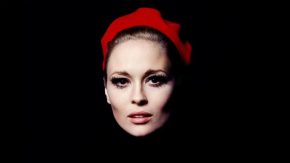
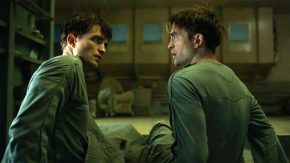
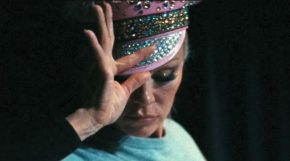
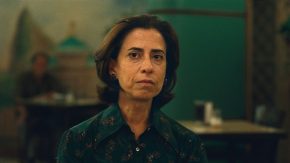
Comments